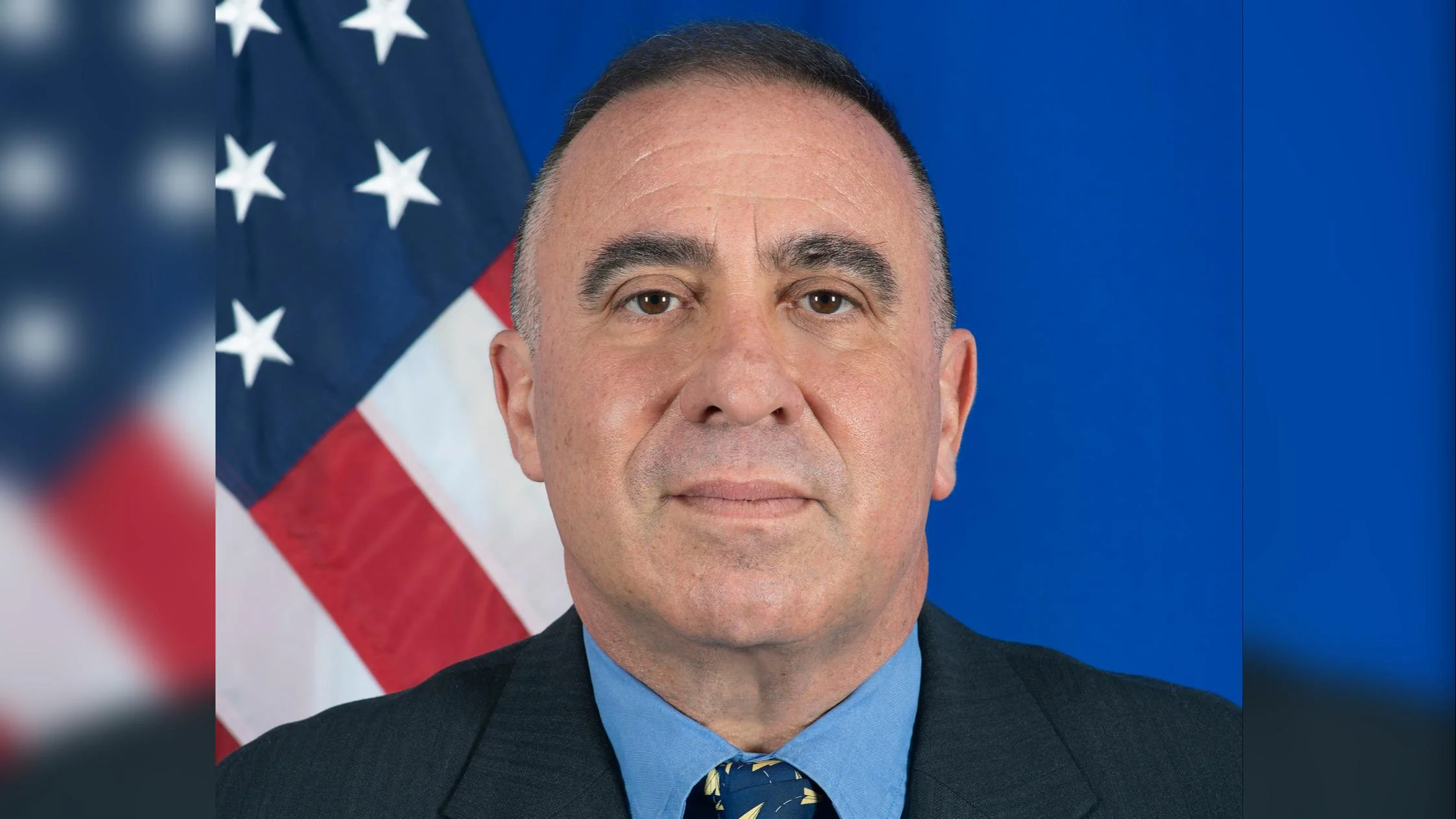President Donald J. Trump has signed a Proclamation aimed at enhancing national security by restricting entry into the United States from countries deemed high-risk for terrorism and other threats. This move follows Executive Order 14161, issued on January 20, 2025, titled "Protecting the United States from Foreign Terrorists and Other National Security and Public Safety Threats." The order called for a comprehensive assessment of risks posed by various countries.
The Supreme Court case Trump v. Hawaii upheld the President's authority to impose entry restrictions under section 212(f) of the Immigration and Nationality Act. As a result, nationals from 12 countries are now fully restricted from entering the U.S., while those from seven additional countries face partial restrictions.
Countries facing full entry restrictions include Afghanistan, Burma, Chad, Republic of the Congo, Equatorial Guinea, Eritrea, Haiti, Iran, Libya, Somalia, Sudan, and Yemen. These nations were identified as having inadequate screening processes or posing significant security risks.
Partial restrictions apply to Burundi, Cuba, Laos, Sierra Leone, Togo, Turkmenistan, and Venezuela. The Proclamation allows exceptions for lawful permanent residents and certain visa holders whose entry is in the U.S.'s national interest.
The administration argues that these measures are necessary to ensure cooperation with foreign governments and uphold immigration laws. The Proclamation emphasizes country-specific restrictions to encourage collaboration based on each nation's circumstances.
President Trump stated: “We will restore the travel ban...and keep the radical Islamic terrorists out of our country that was upheld by the Supreme Court.” This action builds upon his first-term travel ban by incorporating updated assessments of global security risks.
The justification for these restrictions includes concerns over high visa overstay rates and lack of cooperation in sharing identity information. Some countries also have significant terrorist presences or are state sponsors of terrorism.

